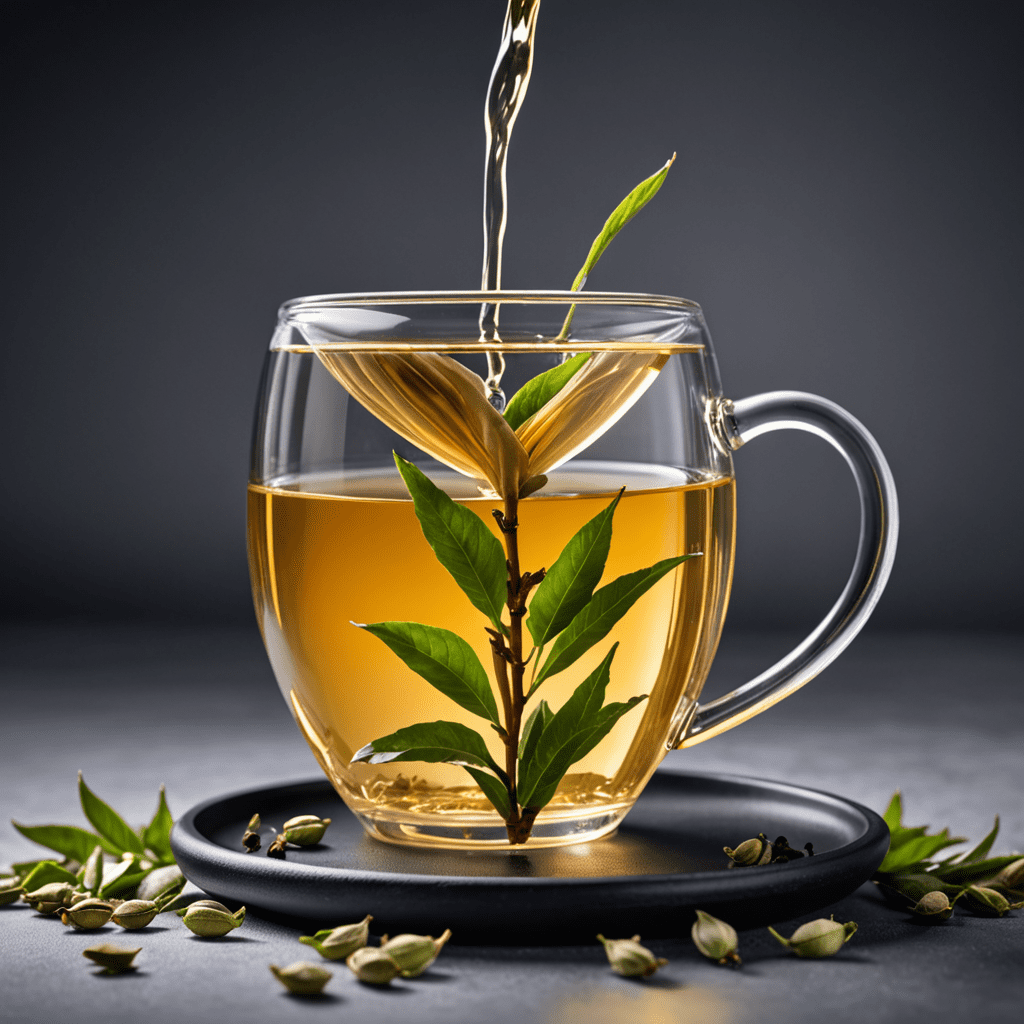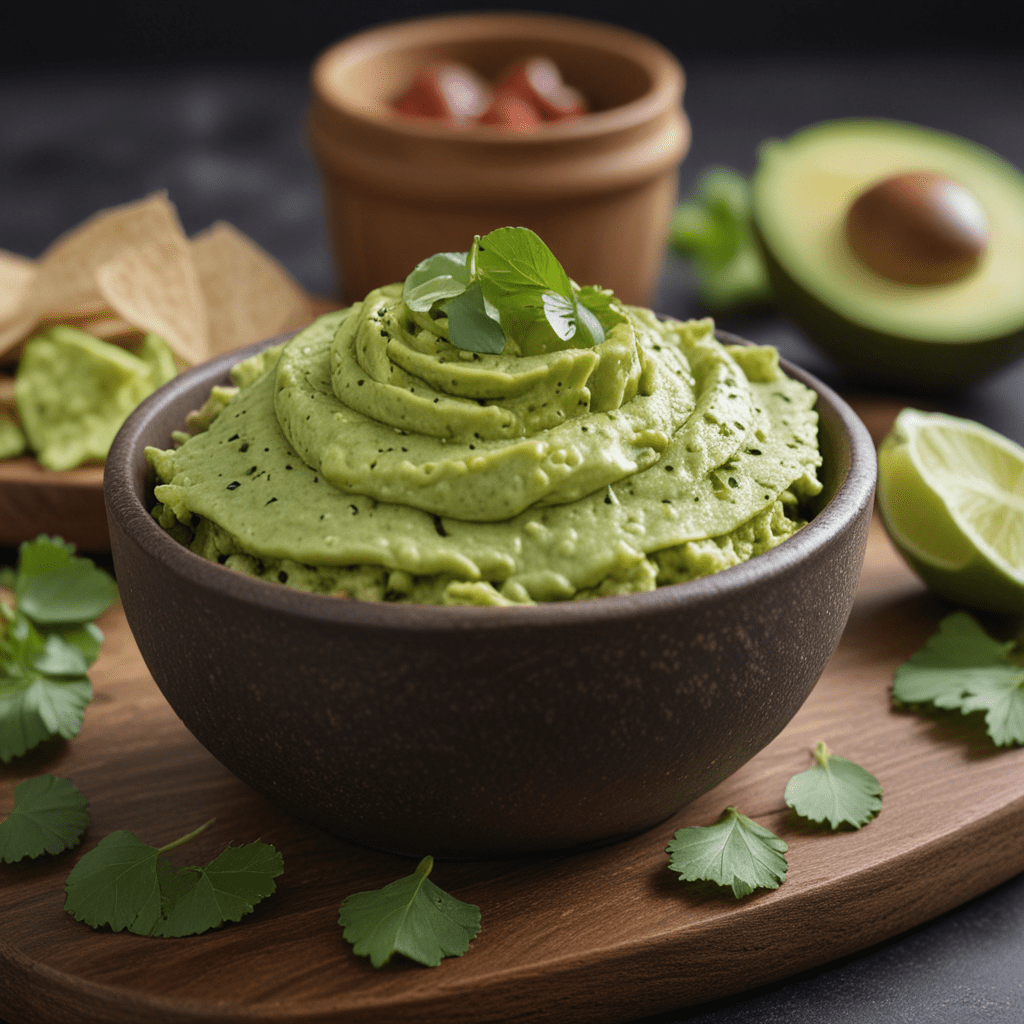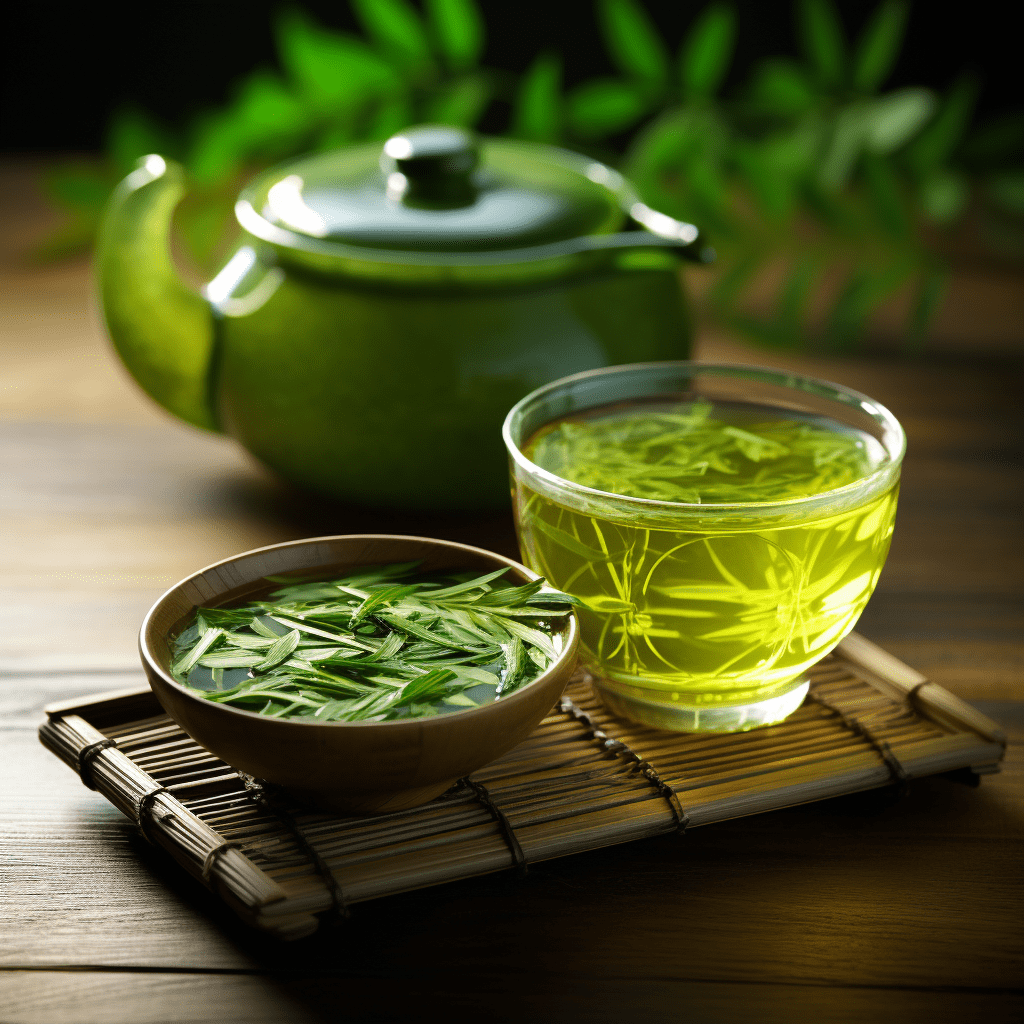White Tea: The Art of Tea Appreciation
White tea is a delicate and subtle variety of tea that holds a special place in the world of tea. It is revered for its light and refreshing flavor, as well as its potential health benefits. Let’s explore the art of tea appreciation with a focus on white tea.
The Origins of White Tea
Originating from China, white tea is made from the young leaves and unopened buds of the Camellia sinensis plant. Its name is derived from the fine silvery-white hairs on the unopened buds and young leaves used in the tea-making process. White tea is the least processed among all the tea varieties, making it a purist’s choice for tea.
Appreciating the Flavor Profile
White tea offers a delicate and subtle flavor profile with floral and fruity undertones. It is known for its light, sweet, and slightly floral taste, often with hints of honey or apricot. The brew is typically pale yellow in color, reflecting its gentle nature. The nuanced flavor of white tea is best enjoyed when brewed and savored with mindfulness.
The Brewing Process
Brewing white tea requires attention to detail to extract the most nuanced flavors. The water temperature should be around 175°F (80°C), and the steeping time is generally 4-5 minutes. The gentle brewing process ensures that the delicate flavors are preserved, allowing you to fully appreciate the subtleties of white tea.
Health Benefits of White Tea
Besides its delightful taste, white tea is also admired for its potential health benefits. It is rich in antioxidants, which may help protect the body against free radicals and reduce the risk of chronic diseases. Additionally, white tea has been associated with promoting skin health and aiding weight management. However, it’s essential to remember that individual responses to tea vary, and it’s best to consult with a healthcare professional for personalized advice.
White Tea Culture and Traditions
White tea has been a part of traditional Chinese tea culture for centuries, often associated with purity, elegance, and simplicity. In modern times, the appreciation for white tea has expanded globally, with enthusiasts embracing its calming and soothing qualities. Whether enjoyed in a traditional tea ceremony or a quiet moment of relaxation, white tea embodies a sense of tranquility and grace.
Pairing White Tea with Food
White tea’s delicate flavor makes it an excellent companion to a range of foods. Its subtle notes complement light and fresh dishes, such as salads, seafood, and fruity desserts. The gentle nature of white tea allows the flavors of the food to shine while providing a refreshing palate cleanser between bites.
Embracing the Gentle Elegance
White tea is not just a beverage; it’s an embodiment of grace and subtlety. Embracing the art of tea appreciation, especially with white tea, invites us to slow down, savor the moment, and find beauty in simplicity. Whether enjoyed alone or shared with others, white tea offers a gentle elegance that transcends the act of drinking tea, making it a timeless indulgence for the mind and body.
“`html
What is White Tea?
White tea answer:
White tea is a delicate and minimally processed tea made from young tea leaves and buds of the Camellia sinensis plant. It is known for its subtle flavor, light color, and high levels of antioxidants.
How is White Tea Different from Other Teas?
White tea differentiating features:
White tea sets itself apart from other types of tea by its minimal oxidation process, resulting in a mild and subtle flavor. It also has a lower caffeine content compared to green or black tea.
What are the Health Benefits of White Tea?
White tea health benefits:
White tea boasts numerous health benefits, including its potential to improve oral health, support weight loss, and provide antioxidant properties that can help protect the body from damage caused by free radicals.
How Should White Tea be Brewed and Enjoyed?
White tea brewing and enjoyment tips:
To fully appreciate white tea, it should be brewed at lower temperatures to avoid bitterness. It is best enjoyed without any additives to fully savor its delicate flavor profile.
“`


